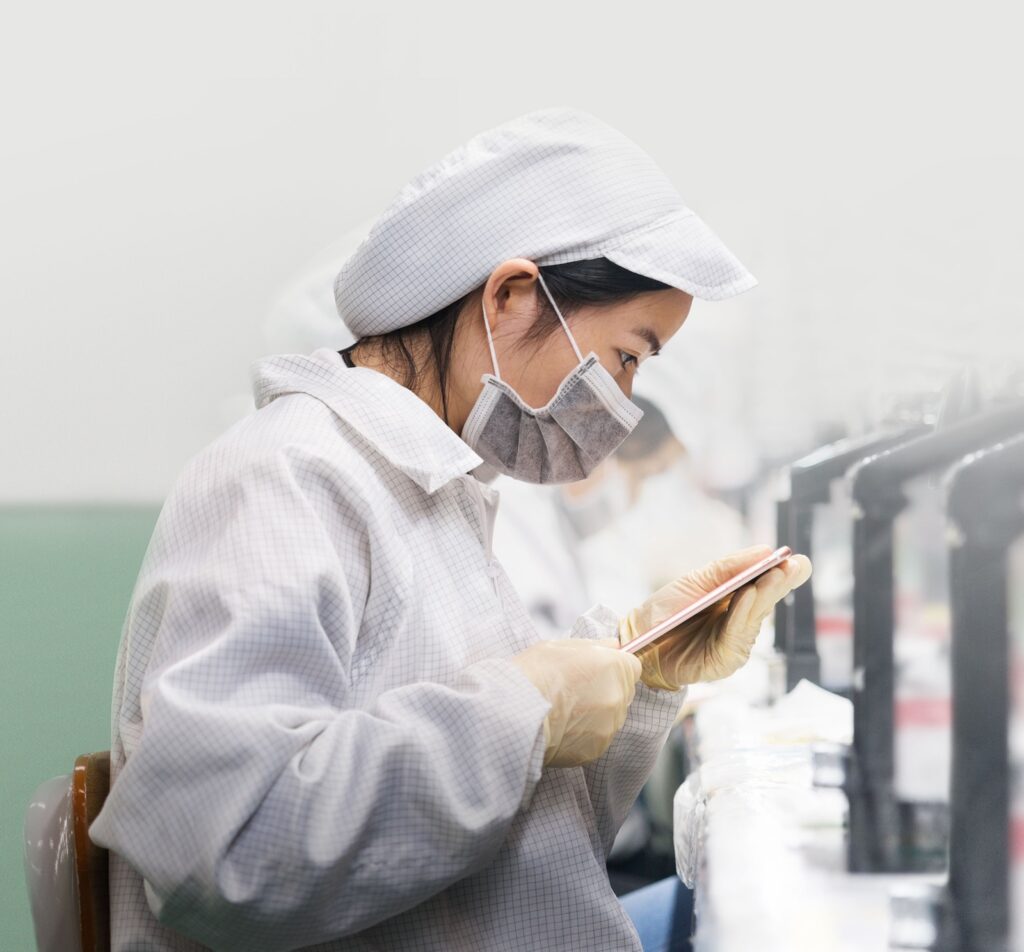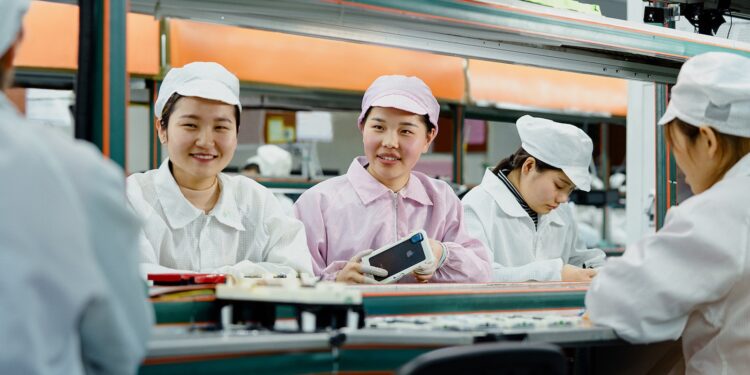Donald Trump is once again causing controversy. This time it's about Apple. Specifically, the question of whether the US company should produce its iPhones in the United States in the future. Trump says yes, it's possible. The reality, however, is considerably more complicated.
Perhaps you've also wondered why Apple doesn't simply have its products manufactured in the USA. After all, the company is American, economically strong, and the technology has been around for a long time. Trump is addressing this very point. He wants to get Apple to withdraw from China and other countries. But what at first glance sounds like a patriotic idea turns out, upon closer inspection, to be difficult to implement—if not even unrealistic.
Trump's plan: More production in the USA
Trump plans to impose high tariffs on imports from China, Vietnam, Thailand, India, the EU, and other countries starting April 9. He wants to force the industry to produce more domestically. Apple is a key example for him. His spokeswoman Karoline Leavitt said in a media briefing that Trump is "absolutely" convinced that Apple can manufacture iPhones and other devices in the US. According to her, the workforce and resources are available in the US. She also pointed to Apple's $500 billion investment in the US, which she said is a sign of Apple's confidence in the location. However, this investment is not about iPhones, but primarily about infrastructure – such as servers for Apple's Private Cloud Computing System. These are products that run in the background, have little customer contact, and are only needed in small quantities (via YouTube / The White House).
The reality behind iPhone production
An iPhone consists of parts from over 50 countries. In addition, Apple sources rare earth elements from 79 countries. Many of these materials simply aren't available in the US. Production is integrated globally. Completely outsourcing to a single country—whether the US or another—isn't feasible. Even if only assembly were carried out in the US, the costs would be enormous. The cost of living and wages in the US are significantly higher than in Asia. This would have a direct impact on the final price of an iPhone. Another problem is the lack of expertise.

In 2017, Apple CEO Tim Cook explained why iPhones are manufactured in China. It's not just about cost, but above all about know-how. China has a strong network of toolmakers and skilled workers. Cook said that in the US, you'd hardly find enough tool engineers for a single meeting – in China, by contrast, you could fill several football fields.
A look into the past
Apple has already attempted to manufacture in the US. During Trump's first term, the Mac Pro was manufactured in Texas. However, the project quickly reached its limits. There were too few local suppliers, import costs for individual parts were rising, and it was difficult to find suitable skilled workers. Production was complex and expensive—and not a model for larger product lines like the iPhone.
What Trump's tariff policy means
Trump initially announced a 54 percent tariff on Chinese goods. This figure has since doubled to 104 percent. The new tariffs take effect immediately. For Apple, this means that products from China will be significantly more expensive. The company has not yet commented publicly on the tariffs. However, Apple has already taken action. It has built up inventories and plans to rely more heavily on imports from India in the future. Tariffs there are lower, which should help offset some of the costs.
Why a “US iPhone” is hardly realistic
US Secretary of Commerce Howard Lutnick also commented on the issue. He stated that "millions of people who turn small screws" would have to come to the US to produce iPhones. This statement demonstrates that the complexity of Apple's supply chain is underestimated. A recent report by 404 Media entitled "A 'US-Made iPhone' Is Pure Fantasy," describes the situation very clearly. The supply chain is so complex and global that domestic production would be neither economically nor logistically feasible.
Apple remains internationally positioned
Trump is demanding that Apple produce more domestically. The idea fits with his economic policy, but is hardly feasible in practice. Apple is globally positioned, not only in its sourcing of materials, but also in its know-how. The production of an iPhone is a highly complex process that cannot simply be relocated to the US – neither technically nor economically. Apple will therefore have to continue to rely on international cooperation in the future. However, the discussion shows how closely politics and technology have become intertwined. And it raises the question of how independently large corporations can truly operate in the future. (Image: Apple)
- Apple flies in iPhones: What's behind the campaign
- Apple rejects backdoor – court overturns secrecy
- Apple plans countermeasures against US tariff policy
- Apple under pressure: Five strategies against tariffs
- Apple under pressure: Supply chain suffers from Trump tariffs
- Apple under pressure: Wedbush lowers price target due to tough tariffs
- Q2/2025: Apple to present figures on May 1 – and discuss tariffs





